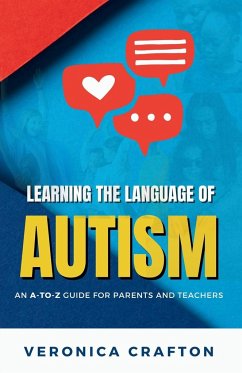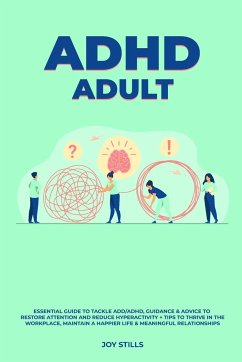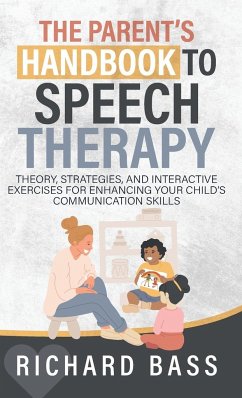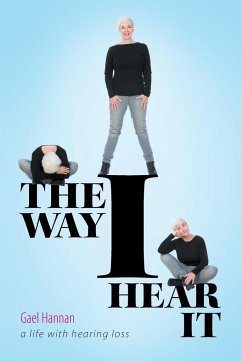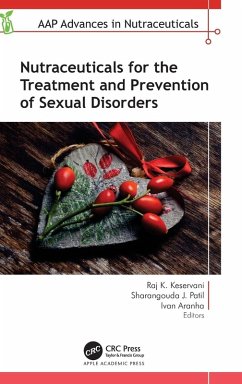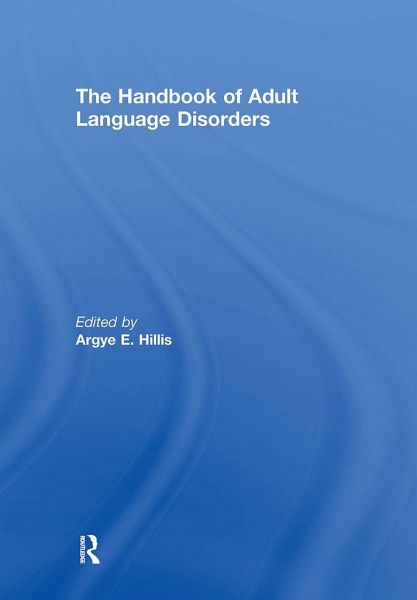
The Handbook of Adult Language Disorders
Versandkostenfrei!
Versandfertig in 1-2 Wochen
355,99 €
inkl. MwSt.
Weitere Ausgaben:

PAYBACK Punkte
178 °P sammeln!
The Handbook of Adult Language Disorders is the essential guide to the scientific and clinical tenets of aphasia study and treatment. It focuses on how language breaks down after focal brain damage, what patterns of impairment reveal about normal language, and how recovery can be optimally facilitated. It is unique in that it reviews studies from the major disciplines in which aphasia research is conducted-cognitive neuropsychology, linguistics, neurology, neuroimaging, and speech-language pathology-as they apply to each topic of language. For each language domain, there are chapters devoted t...
The Handbook of Adult Language Disorders is the essential guide to the scientific and clinical tenets of aphasia study and treatment. It focuses on how language breaks down after focal brain damage, what patterns of impairment reveal about normal language, and how recovery can be optimally facilitated. It is unique in that it reviews studies from the major disciplines in which aphasia research is conducted-cognitive neuropsychology, linguistics, neurology, neuroimaging, and speech-language pathology-as they apply to each topic of language. For each language domain, there are chapters devoted to theory and models of the language task, the neural basis of the language task (focusing on recent neuroimaging studies) and clinical diagnosis and treatment of impairments in that domain. In addition, there is broad coverage of approaches to investigation and treatment from leading experts, with several authors specializing in two or more disciplines. This second edition focuses on characterizing the cognitive and neural processes that account for each variant of aphasia as a first step toward developing effective rehabilitation, given that aphasia is one of the most common and disabling consequences of stroke. The best and most authoritative handbook in the field, The Handbook of Adult Language Disorders is the definitive reference for clinicians and researchers working in the scientific investigation of aphasia.





